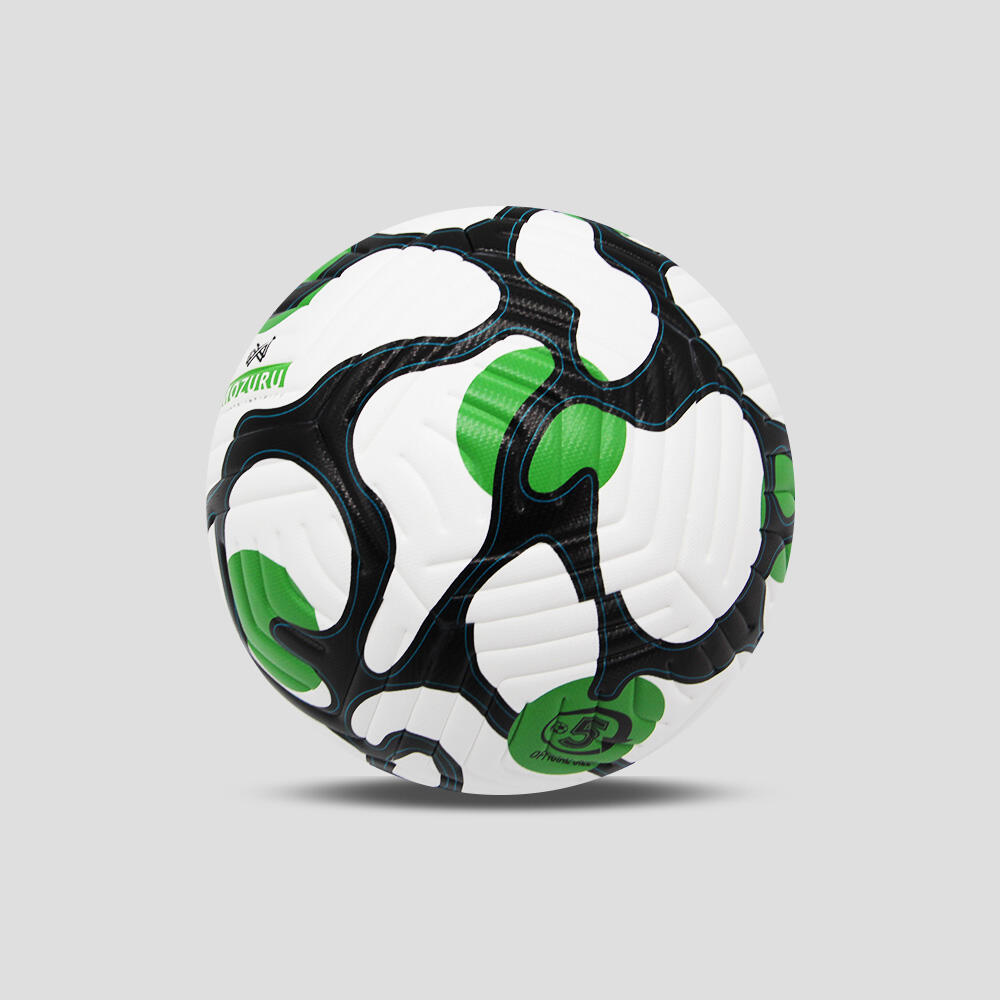Mastering the Art of Soccer Ball Procurement for Training Excellence
The foundation of any successful soccer training program lies in having access to high-quality, reliable equipment. For retailers looking to supply training facilities, schools, and clubs with durable soccer balls, understanding the intricacies of sourcing becomes paramount. The challenge isn't just about finding balls – it's about securing equipment that can withstand rigorous daily use while maintaining performance standards that coaches and players demand.
Today's market offers an extensive range of options, but not all soccer balls are created equal when it comes to durability and performance. Retailers must navigate various factors including material quality, manufacturing standards, and supplier reliability to ensure they stock products that truly deliver value to their training program customers.
Essential Characteristics of Training-Grade Soccer Balls
Material Components and Construction
The durability of soccer balls begins with their construction materials. Premium training balls typically feature multiple layers of polyurethane or synthetic leather, reinforced with cross-stitched or thermal-bonded panels. The internal bladder, usually made from latex or butyl, plays a crucial role in air retention and shape maintenance. High-quality durable soccer balls incorporate additional foam layers between the outer cover and bladder, enhancing both durability and touch sensitivity.
Advanced manufacturing techniques, such as machine-stitched panels with reinforced seams, contribute significantly to a ball's longevity. Modern training balls often utilize hybrid construction methods that combine traditional stitching with thermal bonding for superior structural integrity.
Performance Standards and Testing Protocols
Quality training balls must meet specific industry standards for size, weight, and bounce consistency. FIFA-approved testing protocols evaluate factors like water absorption, shape retention, and impact resistance. Retailers should prioritize balls that undergo rigorous quality control processes and carry relevant certification marks.
Laboratory testing simulates accelerated wear conditions, including machine-driven repeated impacts and exposure to various weather conditions. These tests help predict how durable soccer balls will perform over extended periods of training use.
Strategic Sourcing Approaches for Retailers
Establishing Direct Manufacturer Relationships
Building direct relationships with manufacturers offers retailers several advantages in sourcing durable soccer balls. This approach typically results in better pricing, quality assurance, and consistent supply chains. Direct partnerships also enable retailers to provide feedback on product performance and influence future design improvements.
When establishing these relationships, retailers should conduct thorough due diligence, including factory visits when possible, quality control assessment, and evaluation of manufacturing capacity. Long-term agreements often include provisions for custom specifications and branded products.
Wholesale Distribution Networks
Working with established wholesale distributors provides retailers access to multiple brands and price points of durable soccer balls. These networks often maintain substantial inventory levels, ensuring consistent product availability. Distributors frequently offer additional services such as drop-shipping and promotional support.
Successful retailers typically maintain relationships with multiple distributors to ensure competitive pricing and minimize supply chain disruptions. This approach also provides access to a wider range of products to meet varying customer needs.
Quality Control and Inventory Management
Implementing Testing Protocols
Retailers must establish comprehensive quality control procedures for incoming shipments of durable soccer balls. This includes visual inspections, air pressure testing, and bounce testing. Regular monitoring helps identify potential manufacturing issues before products reach customers.
Documentation of quality control results creates valuable data for supplier evaluation and product performance tracking. This information guides future purchasing decisions and helps maintain high standards across all product lines.
Stock Rotation and Storage Practices
Proper storage conditions significantly impact the longevity of soccer balls in inventory. Climate-controlled environments prevent material degradation, while organized stock rotation ensures products maintain their quality before sale. Implementing inventory management systems helps track product age and movement.
Regular assessment of inventory levels against seasonal demand patterns optimizes ordering cycles and prevents overstock situations. This approach maintains product freshness while minimizing storage costs.
Building Customer Trust Through Product Education
Staff Training Programs
Knowledgeable staff members become valuable assets in selling durable soccer balls. Comprehensive training programs should cover product features, care instructions, and specific benefits for different training applications. Staff should understand how to match products with customer needs based on usage intensity and environmental conditions.
Regular updates on new products and technologies keep staff informed and confident in their recommendations. This expertise helps build long-term customer relationships and repeat business.
Customer Education Materials
Developing clear, informative materials about proper ball care and maintenance helps customers maximize their investment in durable soccer balls. These resources might include care guides, warranty information, and performance comparison charts. Educational content builds customer confidence and reduces returns due to misuse.
Digital platforms offer additional opportunities to share product information and usage tips. Video content demonstrating proper care techniques and maintenance procedures provides valuable customer support.
Frequently Asked Questions
What makes a soccer ball suitable for intensive training use?
Training-grade soccer balls feature reinforced construction with multiple layers of durable materials, enhanced stitching or bonding techniques, and high-quality bladders for superior air retention. They undergo specific testing for impact resistance and shape retention to ensure longevity under repeated use.
How should retailers evaluate potential soccer ball suppliers?
Retailers should assess suppliers based on manufacturing quality standards, certification compliance, production capacity, and track record of consistency. Important factors include minimum order quantities, lead times, warranty terms, and after-sales support capabilities.
What are the optimal storage conditions for maintaining soccer ball quality?
Soccer balls should be stored in climate-controlled environments away from direct sunlight and extreme temperatures. Maintaining proper inflation levels during storage, implementing regular rotation systems, and avoiding stacking heavy items on balls helps preserve their quality and performance characteristics.


